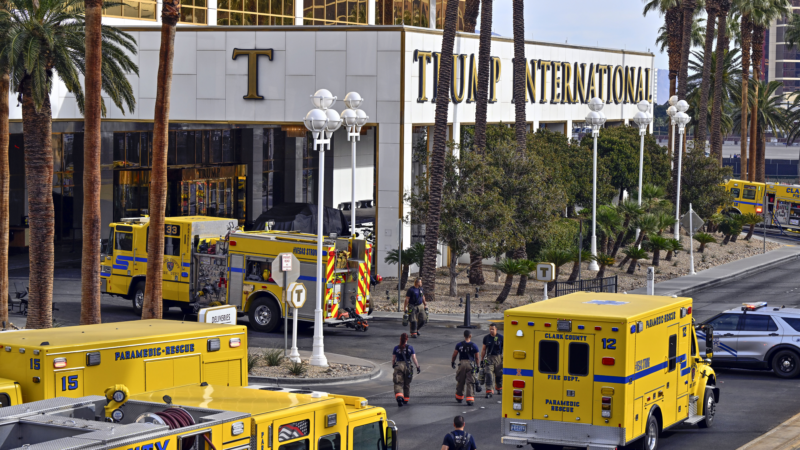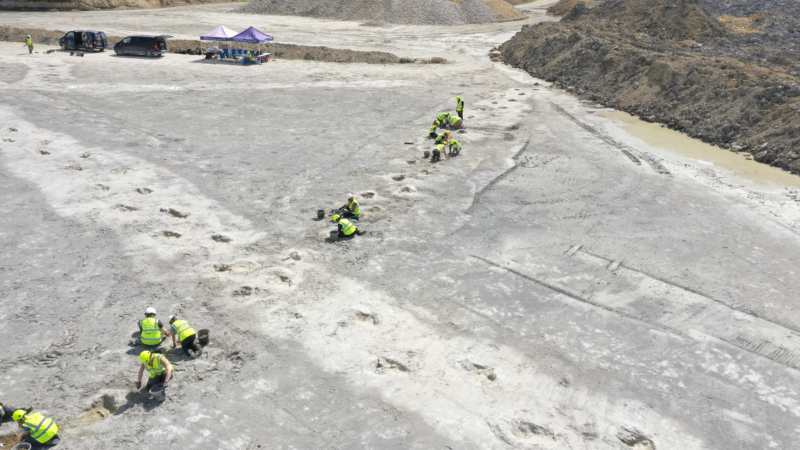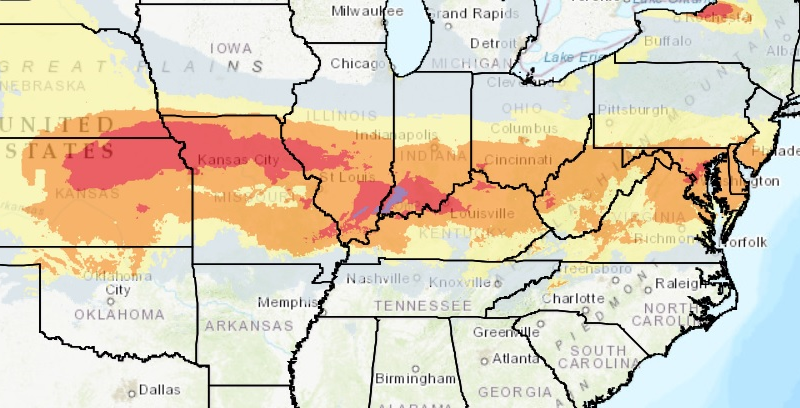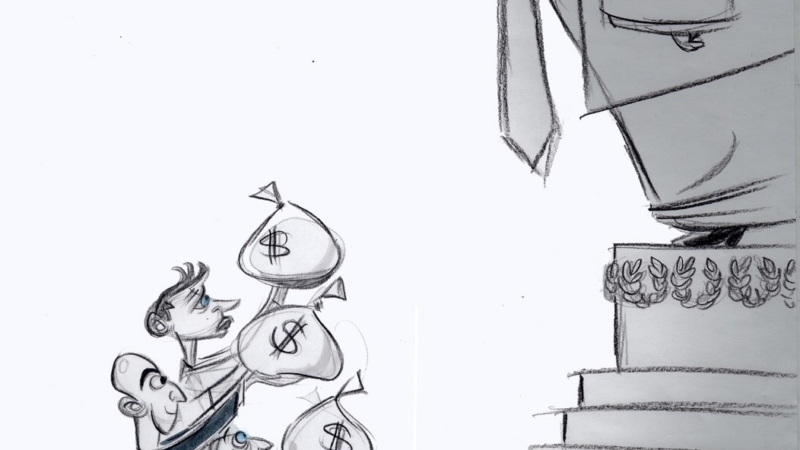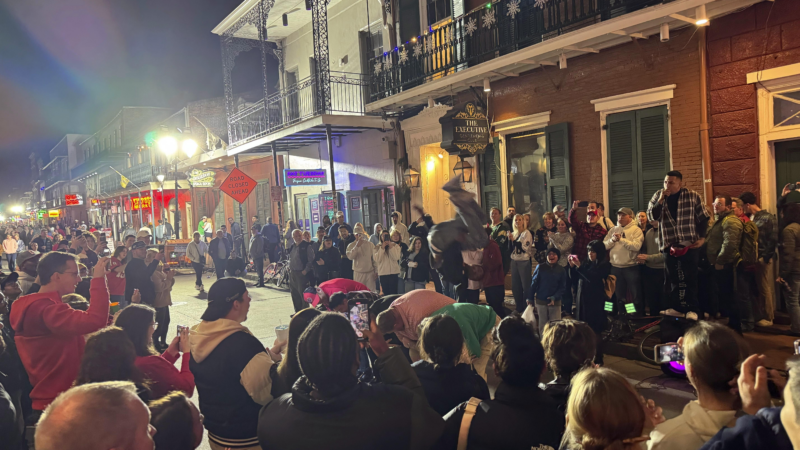Cybertruck driver had likely self-inflicted gunshot wound to the head, sheriff says
Authorities have identified the driver of the Cybertruck that exploded in front of the Trump hotel in Las Vegas as 37-year-old Master Sgt. Matthew Alan Livelsberger. In a news briefing Thursday afternoon, police say they still don’t have 100 percent confirmation because he was “burned beyond recognition” in the Jan. 1 blast. They’re awaiting DNA tests to confirm his identity.
Las Vegas Metropolitan Police Sheriff Kevin McMahill says Livelsberger sustained a gunshot wound to the head prior to the Cybertuck detonating; investigators believe it was self inflicted.
Officials found several items in the vehicle including multiple firearms, fireworks, a military ID, an iPhone and several credit cards. The FBI and local law enforcement officials are still looking for a motive.
Livelsberger was an active-duty Special Operations soldier with the U.S. Army. Officials noted similarities with 42-year-old Shamsud-Din Jabbar, the man who drove a pickup truck onto the sidewalk in New Orleans, killing at least 15 and injuring dozens more on New Year’s Day. McMahill said both men served at Fort Bragg in North Carolina, though there’s no indication they served in the same unit. They also both served in Afghanistan in 2009, and they both used the rental car app Turo to rent the vehicles used in these attacks. McMahill said details on additional parallels are unknown. Law enforcement and intelligence officials are investigating any potential connection between the two incidents.
Livelsberger served in the active-duty Army from January 2006 to March 2011. He then joined the National Guard from March 2011 to July 2012, followed by the Army Reserve from July 2012 to December 2012.
U.S. Army Special Operations Command confirmed that Livelsberger was on approved leave at the time of his death.
On Wednesday, Las Vegas police said that crews pulled gasoline canisters, camp fuel canisters and large firework mortars from the back of the Cybertruck. The explosion, which was caught on video, also injured seven people.
Police said the Cybertruck was rented in Colorado. Authorities were able to trace the vehicle through Tesla charging stations to see that it arrived in Las Vegas about an hour before the explosion. Authorities called the incident “isolated.”
Jeremy Schwartz, acting special agent in charge of the FBI in Las Vegas, said the agency was working closely with area law enforcement to learn more about the explosion. The FBI’s Joint Terrorism Task Force was working to determine whether the explosion was an act of terrorism.
A source familiar with Livelsberger’s background who was not authorized to speak publicly on the matter tells NPR’s Tom Bowman that Livelsberger was deployed five times to Afghanistan on combat missions. He had not been deployed for the past 12 months.
Livelsberger was awarded a Bronze Star for valor, an Army commendation for valor, as well as a combat infantry badge, the source said.
Jurassic footprints are discovered on a ‘dinosaur highway’ in southern England
The 166-million-year-old footprint tracks, found at a quarry in southern England, mark one of the largest discoveries in decades.
A storm will bring heavy snow and dangerous ice from the Plains to the East Coast
This weekend's storm is expected to impact 62 million Americans through Monday. Heavy snow, ice, rain and severe thunderstorms will be unleashed from the Plains to the East Coast.
Film director and screenwriter Jeff Baena, husband of Aubrey Plaza, dead at 47
The co-writer of I Heart Huckabees and director of The Little Hours was found dead at a Los Angeles residence on Friday. The Los Angeles Police Department is investigating the case.
A Pulitzer winner quits ‘Washington Post’ after a cartoon on Bezos is killed
Washington Post cartoonist Ann Telnaes resigned after an editor rejected her sketch satirizing tech chiefs, including the Post's owner and Amazon founder Jeff Bezos.
How influencers are impacting journalism
NPR's Eric Deggans speaks to Summer Harlow of the Knight Center for Journalism in the Americas and V Spehar of UnderTheDeskNews about the role of influencers in journalism.
Vehicular attacks are not new. But preventing them has been a big challenge
For decades, individuals and terrorist groups have used vehicles to carry out deadly attacks. But installing safeguards hasn't always been successful.
